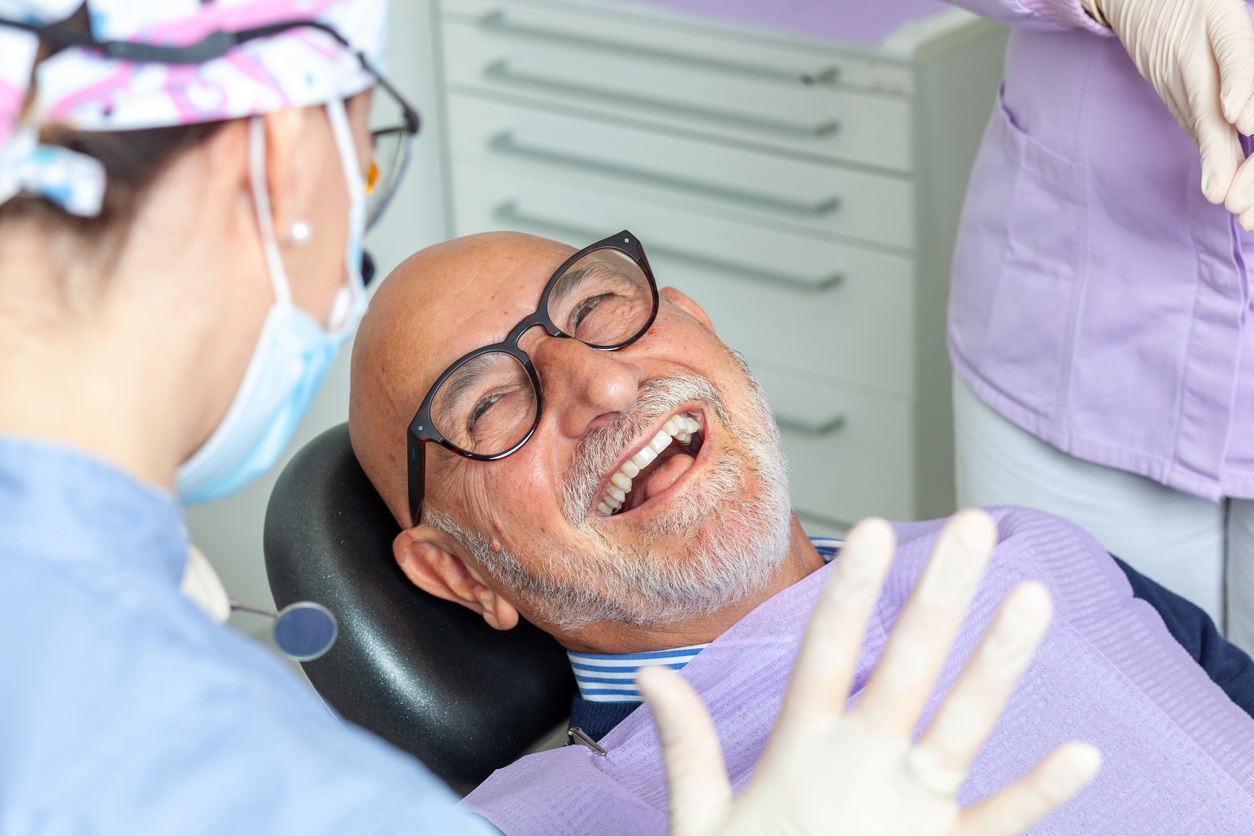With over 120 different systemic diseases exhibiting symptoms in your mouth, your periodontal health says a lot about you. Factors like genetics, stress, medications, and personal habits can contribute to the development of periodontal disease, a serious oral health condition that can cause tooth loss and widespread inflammation. However, most people don’t realize that things like hormones and age can play a role in periodontal disease development too. Here is a brief explanation of how your ever-changing body could affect your periodontal health and what you can do to stop decay in its tracks.
Hormonal Changes and Periodontal Disease
Puberty
The increased production of sex hormones during puberty triggers an increase in blood flow to the gum tissues. This increased blood flow is thought to make the gums more sensitive to invaders like plaque, tartar, and bacteria, which is why teens experience higher instances of gingivitis and periodontal disease. A focus on dental hygiene and regular dental visits is crucial for protecting the teeth and gums during this vulnerable stage.
Menstruation
Because the gingival tissues contain more estrogen receptors than other tissues in the body, anyone who is actively menstruating may experience gingivitis related to their period each month. Those with menstruation gingivitis typically experience tender, swollen gums right before their period, and notice full clearing after their period has started. Experts recommend scheduling things like cleanings and other dental work the week after your period, when oral tissues won’t be as sensitive.
Pregnancy
Pregnancy causes stark hormonal changes, which can increase your chances of developing gingivitis and periodontal disease. In fact, research has shown that gingivitis occurs during a staggering 40% of pregnancies. This stems from increased circulation throughout the body, which makes the oral tissues more sensitive, and increased levels of progesterone, which can make it easier for certain oral bacteria to grow. During pregnancy, make dental exams a priority and focus on proper oral hygiene. Since periodontal disease has also been tied to issues like lower birthweight babies and premature delivery, avoiding periodontal problems is crucial to protecting your unborn little one.
Menopause
Lower levels of estrogen experienced during menopause can also cause periodontal issues. During menopause, many suffer from dry mouth and menopausal gingivostomatitis, a condition that can make the gums shiny, discolored, and prone to bleeding. Dry mouth can significantly increase your chances of periodontal issues because saliva is needed to rinse away food residues and to neutralize bacterial acids. If you are going through menopause, talk with your Phoenix periodontist to see what you can do to protect your gums.
Old Age and Periodontal Disease
Studies have shown that older individuals experience more trouble with periodontal disease than any other group, with over 70% of Americans over 65 suffering from periodontitis. Aged teeth are also more likely to be brittle, damaged, and roughened due to years of use, which might be why older people tend to have much higher instances of deeply-rooted oral decay.
To avoid age-related periodontal disease, practice careful oral hygiene and visit the Arizona Periodontal Group regularly for a CPE, or Comprehensive Periodontal Evaluation. During these exams, Dr. Trujillo will carefully inspect the health of your teeth, gums, and underlying jaw tissues, looking for inflammation, bite problems, and undetected decay. Issues will be addressed as soon as they are discovered, helping you to keep your teeth healthy, comfortable, and intact.
For more information about how age can affect your periodontal health, contact the Arizona Periodontal Group, your Phoenix periodontist.





